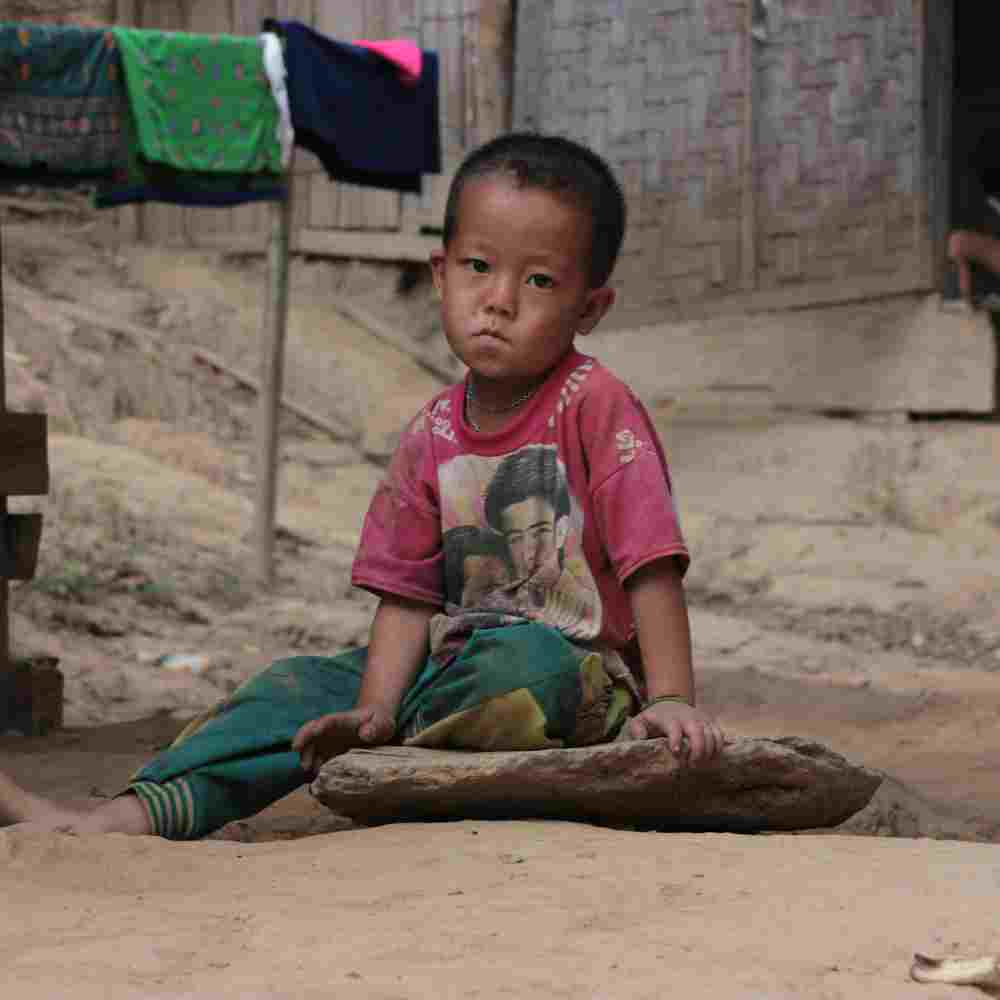
What is Education Poverty?
Education poverty, also called learning poverty, is defined this way by the World Bank : “Learning poverty means being unable to read and understand a simple text by age 10.”1
According to that indicator, 53 percent of children in low- and middle-income countries “cannot read and understand a simple story by the end of primary school. In poor countries, the level is as high as 80 percent.”2
It is estimated that over 260 million children are not even in school.
This statistic will greatly impact the future economy of these communities. It is almost impossible for a person to break the cycle of poverty when he or she is not educated or is without the crucial skills of reading, writing and basic math.

Educational poverty also impacts other aspects of a child’s life:

- Emotional development is often impacted.
- As children grow and attend school, they learn how their emotions work and impact others.
- Relational growth is impacted.
- Without consistent schooling, it becomes harder for children to learn how to interact well with others.
- Cognitive development is hindered.
- School plays an active role in teaching attentiveness, critical thinking, reasoning, problem solving and how to organize knowledge and use language. These are vital to a child’s overall development. Without education, these skills take longer to develop, if they ever do.
- Hope.
- It’s a simple word, but it is crucial to ending the cycle of poverty. In school, children gain the ability to hope and dream for the future.
Will you join us in helping children be saved from learning poverty?
You can have a huge impact in helping a child grow, develop and learn. Their chances of success will increase when they learn to dream and use their talents. Child sponsorship through GFA World shows a child that he or she is loved and has value. Your generosity helps provide material resources such as nutritious food, clean water, healthcare and more, but it also helps a child find hope through cognitive, relational and emotional development. You can make a real difference in the life of a child, which will impact an entire family!
Learn more about poverty and education
1 https://www.worldbank.org/en/topic/education/brief/what-is-learning-poverty
2 https://www.worldbank.org/en/topic/education/brief/what-is-learning-poverty
